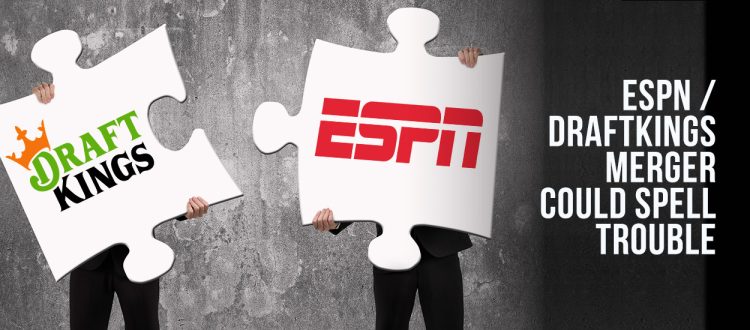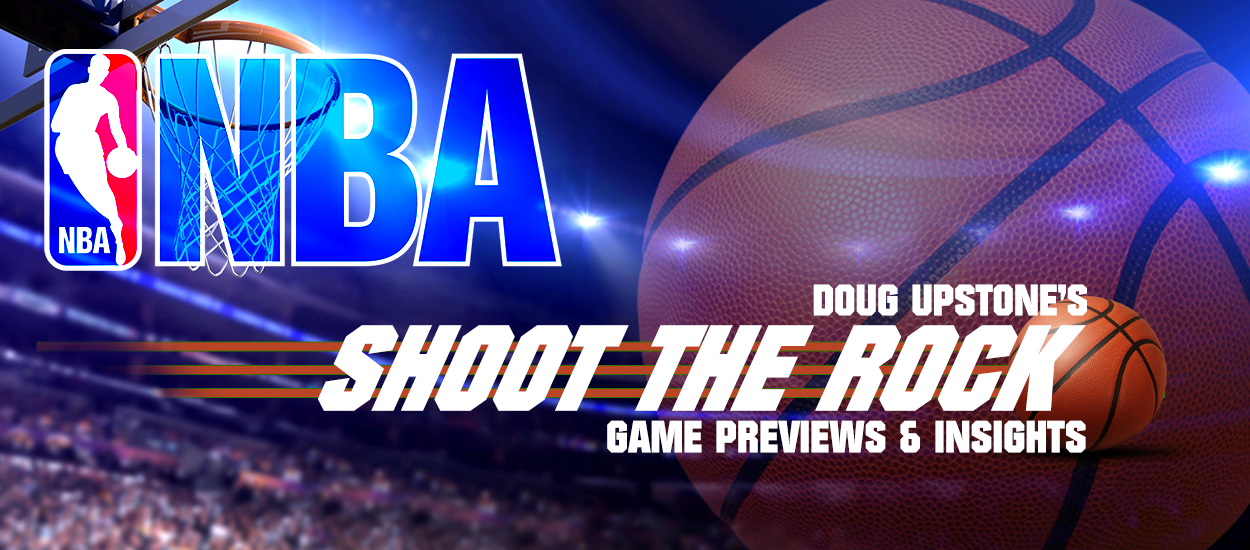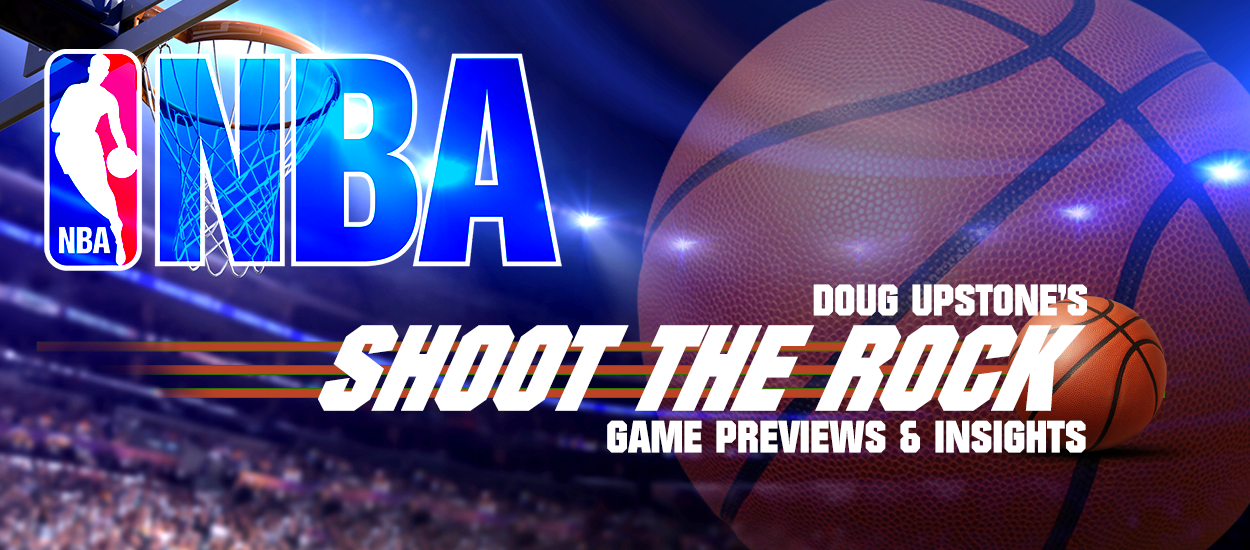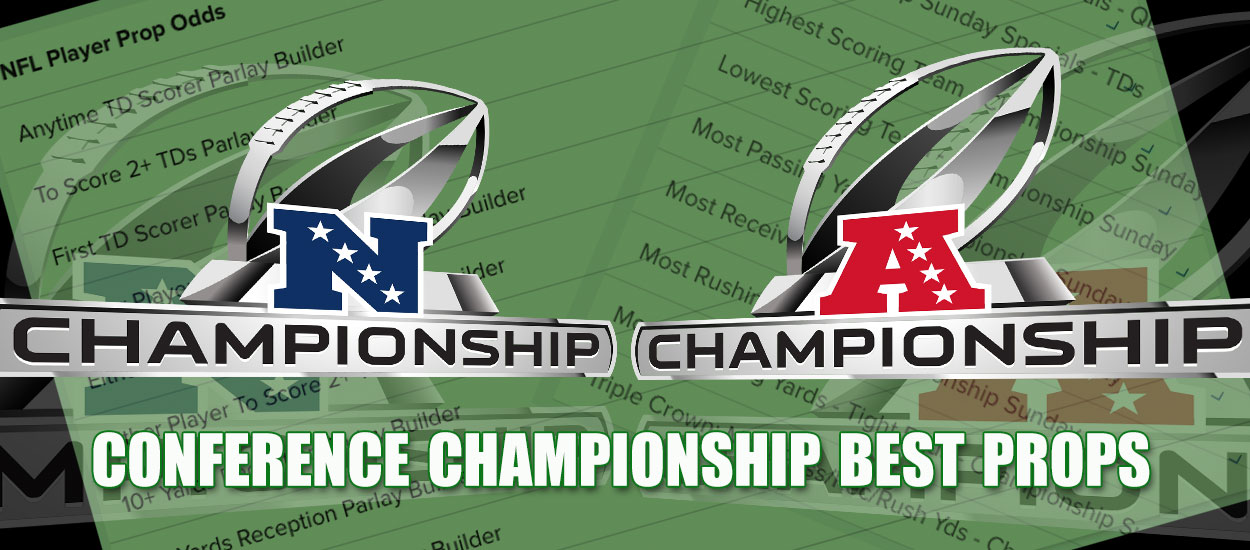ESPNBet hopes to fair better in partnership with DraftKings
The industry was thrown for a bit of a shock yesterday when ESPN announced it was ending its partnership with PENN as a sports betting provider and will use DraftKings as its sports betting provider starting December 1st. Upon announcing the move ESPN’s Chairman Jimmy Pataro stated:
“Our betting approach has focused on offering an integrated experience within our products and working with DraftKings, a leader in the space, will allow us to build upon that foundation, continue to super-serve passionate sports fans and grow our ESPN direct-to-consumer business.”
This move ends a 10-year deal signed in 2023 that had PENN paying $2 billion to license the brand name, which included $1.5 billion in cash and $500 million in warrants.  But it appears that the extremely poor performance of ESPNBet led both Disney and PENN to look for the exits and PENN had an out in the agreement if ESPNBet didn’t meet a threshold that each side agreed to. Disney believes DraftKings will give them a more lucrative payout in the end, while PENN plans to use TheScoreBet brand that they own in the 19 states that ESPNBet currently operates. Since PENN owns that name, it will cost them nothing to license, thus saving an average of $200 million per year in licensing fees. TheScoreBet had a brief stint in New Jersey and has been somewhat popular in Ontario, but it’s hard to see them competing with the likes of DraftKings and FanDuel in the United States in the future. Ontario doesn’t release profits by operator, but PENN is on record saying they hold a double-digit market share for sports betting and a high single digit share for iCasino. Whether that includes the provincial lottery corporation that has about a 20% share is unknown.
But it appears that the extremely poor performance of ESPNBet led both Disney and PENN to look for the exits and PENN had an out in the agreement if ESPNBet didn’t meet a threshold that each side agreed to. Disney believes DraftKings will give them a more lucrative payout in the end, while PENN plans to use TheScoreBet brand that they own in the 19 states that ESPNBet currently operates. Since PENN owns that name, it will cost them nothing to license, thus saving an average of $200 million per year in licensing fees. TheScoreBet had a brief stint in New Jersey and has been somewhat popular in Ontario, but it’s hard to see them competing with the likes of DraftKings and FanDuel in the United States in the future. Ontario doesn’t release profits by operator, but PENN is on record saying they hold a double-digit market share for sports betting and a high single digit share for iCasino. Whether that includes the provincial lottery corporation that has about a 20% share is unknown.
When signing the agreement with ESPN, Jay Snowden, the CEO of PENN said that the ESPN name would quickly lead the company to the top of the U.S. betting charts and challenge DraftKings, FanDuel and BetMGM in market share but that never came to fruition. It appears that the name ESPN meant little to bettors, since ESPNBet never rose above 3% market share and there was no indication it would improve. As for other brands, BetFanatics, which launched around the same time, has a 5% market share but it is growing and the rewards program they launched that gives discounts on Fanatics products for betting has intrigued a lot of new players. The 5% sportsbook market share in the U.S. is about the same as Caesars, BetRivers and Hard Rock and badly trails the top three sportsbooks, which at last check had FanDuel at 35%, DraftKings at 32%, and BetMGM at 11%. All the other sportsbooks are far less than 5% including Bet365, at about 3%, and Ballys at 1%. Bet365 believes it will grow once it can get into larger markets like New York and there are still rumors that Denise Coates will be selling the company to Wall Street investors for about $12 billion USD.
PENN’s second bad deal
This is the second time PENN has looked for the exits on a deal. In 2020 they signed an agreement with Barstool Sports where they acquired the company for about $560 million, but Barstool market share was so poor (despite being in almost every major state), that they sold the Barstool brand back to David Portnoy for $1 after launching ESPNBet. 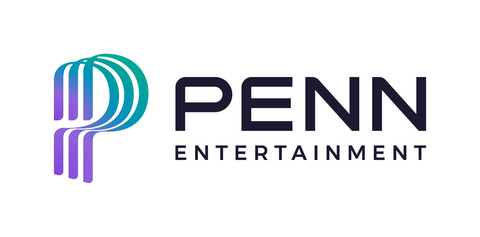 Barstool Sports now only sells sports paraphernalia and puts out blogs, podcasts and videos. And Portnoy is now an analyst for FoxSports and is an avid gambler. He has been in the news the last few years showing how he won millions betting on Scottie Scheffler in golf.
Barstool Sports now only sells sports paraphernalia and puts out blogs, podcasts and videos. And Portnoy is now an analyst for FoxSports and is an avid gambler. He has been in the news the last few years showing how he won millions betting on Scottie Scheffler in golf.
The question that must be asked now is where does this leave other companies? A host of companies left the U.S. market citing no chance at profitability including Betfred, Betway, 888, Tipico, Unibet, FoxBet, MaximBet, TwinSpires and WynnBet. And PointsBet gave up in America and sold to BetFanatics realizing they would never succeed in the U.S. market.
Future of the sports betting market
So, what does that mean for the other sportsbooks currently operating in the States? Could there be a time soon where there are only three or four sportsbooks operating in the United States? If that does happen, what will it mean for states like New York, that were hoping for more operators, rather than less, to lower the tax, per their tax matrix? With only three sportsbooks, the tax matrix that New York used to set the rate indicated a 64% tax which is even higher than the outrageous 51% tax. Plus, states like Illinois are talking about increasing taxes too if there are fewer operators.
I spoke with an analyst recently about what he thought would happen and he said by the end of 2028 he expects it all to be amalgamated to four sportsbooks as follows once all the Ts are crossed and I’s are dotted. Here are his predictions:
-
- FanDuel will acquire Ballys and the sports betting operations of every local smaller sportsbook
- DraftKings will acquire BetRivers
- BetFanatics will merge with Bet365
- BetMGM will acquire BetCaesars and Hard Rock (although land-based operations will stay separate) to form an online company that can compete with the top two.
While this may sound like the sky is falling, the analyst who asked not to be named since he provides content for a different company, has been spot on since I first met him at an SBC conference in New Jersey three years ago. At the time, Fanatics was just being discussed and he said that he was confident Fanatics would acquire PointsBet to get a head start in all the big states, especially since PointsBet was underperforming. And when the ESPN deal was announced in 2023, he said to me that there’s no way the ESPNBet brand would be as profitable as they predict and he expected PENN to look for the exits before the end of 2026. So, his foresight has been incredibly accurate thus far.
I emailed him this morning to see what he believes will happen with TheScoreBet in the U.S., but I have yet to hear back. That said , it seems that PENN is prepared to ride the sportsbook as far as it will take them but sports betting will not be their main focus. The company’s major profit has been with iCasinos in the United States, using the brand Hollywood Casino, where it has a market share over 20% in Michigan. And there have been rumblings that Flutter and Boyd Gaming, which own parts of FanDuel, are interested in partnering or even acquiring PENN’s casino products as several states, including possibly New York are planning to have referenda to ask the public if they agree to legalizing iGaming. If that indeed happens then it is only reasonable to assume that FanDuel will acquire PENN gaming’s online operations, including the sports betting sites to get rid of one extra level of competition.
The PENN experiment failed
So, the ESPNBet experiment with PENN didn’t work. Nevertheless, ESPN will be partnering with DraftKings which likely has a different idea how to use the ESPN name and broadcasting rights to build the product. Despite the consolidation of sportsbooks, sports betting is still growing in leaps and bounds ink the U.S. In 2024 Americans wagered a total of $150 billion on sports with 95% of that occurring online, and it is expected that total will reach almost $200 billion by 2030. So, there is room to grow and if you add in iGaming that number even gets bigger and will certainly bring in other casino-only companies. And for bettors, as long as there is some competition there will be good bonuses and incentives.
Is the analyst right and in three years there will only be four operators in the United States? Only time will tell, but I wouldn’t bet against his forecasts.
Read articles on sports betting and the North American gambling industry from Hartley Henderson here at GamblersWORLD.

